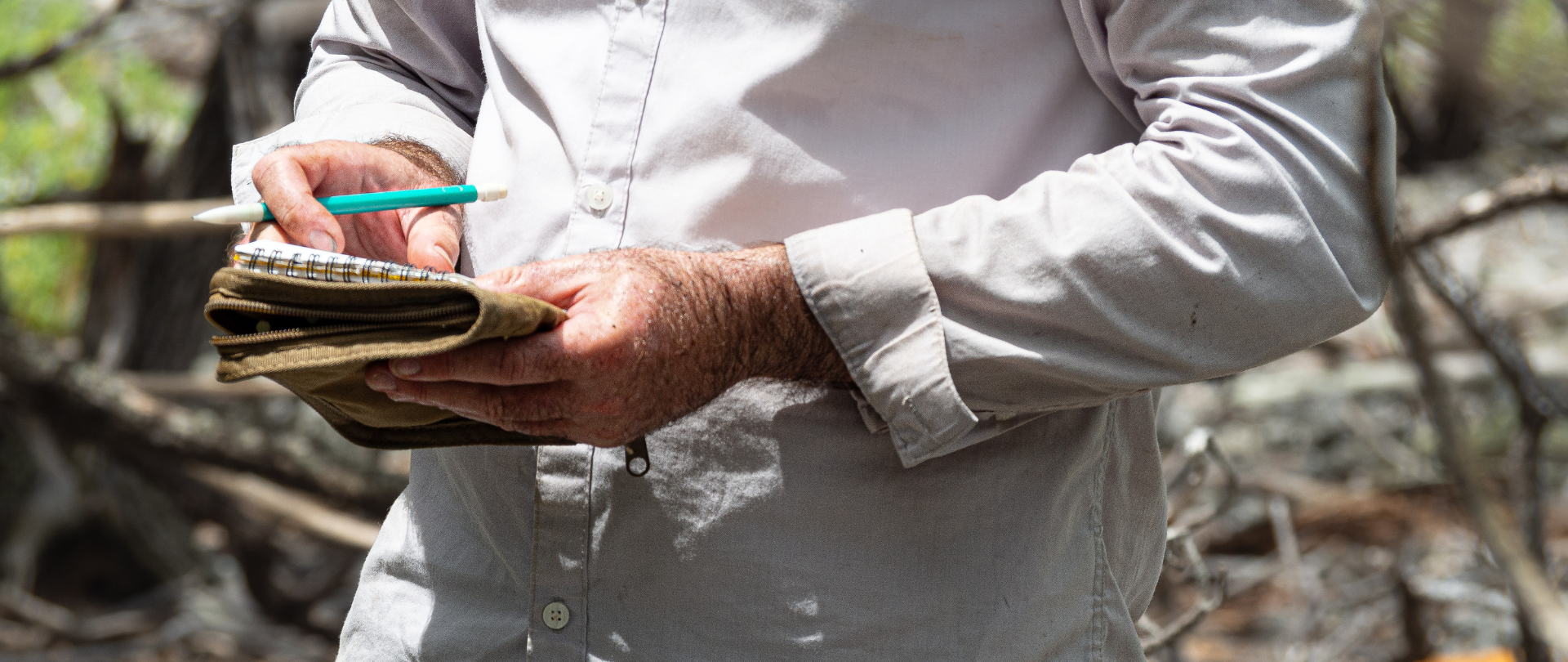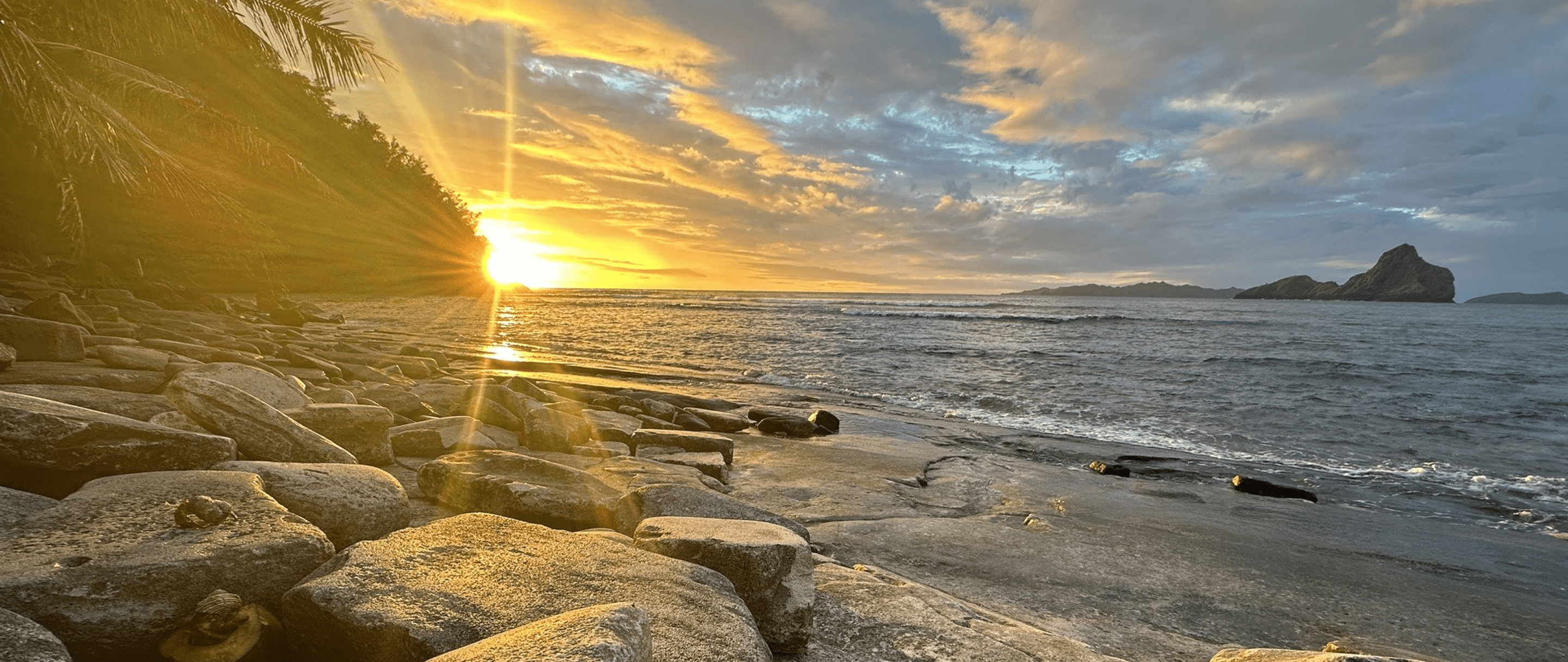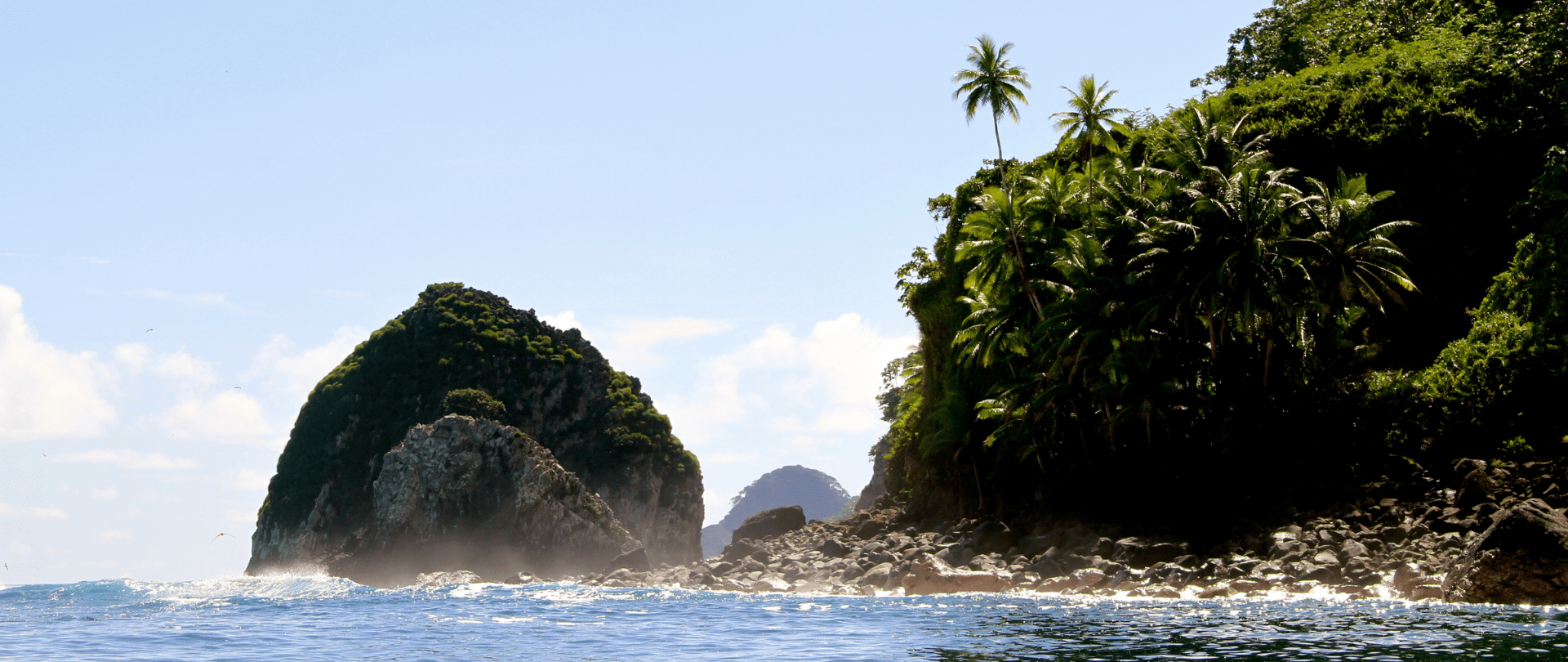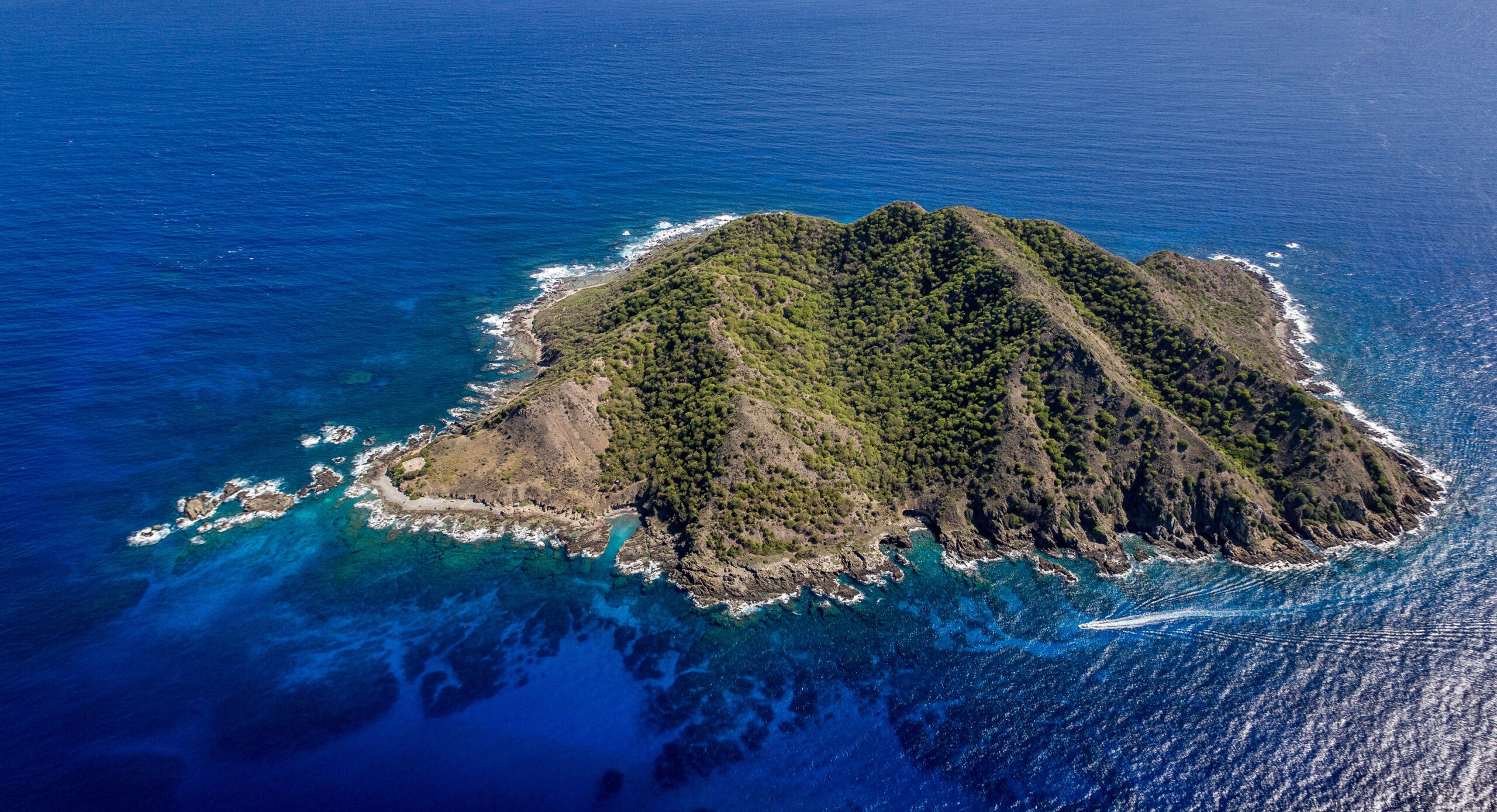New Paper Demonstrates Quality of eDNA Monitoring for Conservation
Groundbreaking research has the potential to transform the way we monitor invasive species on islands!
Our new online shop is live!
Published on
April 30, 2021
Written by
claudio
Photo credit
claudio

For the first time on record a Critically Endangered Tristan Albatross adult has been eaten alive by invasive non-native house mice. About a third of Tristan Albatross chicks are eaten by the introduced mice each year on Gough Island, a UK Overseas Territory island and World Heritage Site in the South Atlantic 2,600km away from the nearest land mass of South Africa. Only two to three pairs of Tristan Albatross breed anywhere else on Earth. The mouse predation, and the threat of unsafe fishing practices, has placed them in danger of extinction.

This adult was on Gough Island, the main breeding ground for Tristan Albatross and one of the most remote islands in the world, raising a chick with her mate. She was one of the most experienced mothers on the island and the father must now struggle to feed the chick alone – leaving it at risk not only of starvation but also at greater risk of being eaten by the mice.
Kim Stevens, RSPB Senior Field Assistant, said:
To see a parent killed in this way, and her chick in such danger, is devastating. Albatrosses are stunning, long-lived birds that spend much of their lives soaring over the oceans, and they need safe places to feed and raise their young. This albatross was ringed when she herself was a chick back in 1986 so we have lost one of our oldest known, most experienced mothers.”

The death of each breeding Tristan Albatross is a devastating loss because they don’t start breeding until they’re about ten years old. It then takes two parents about a year to raise one chick. With only one parent providing food it might take the chick months longer to fledge and is likely to leave it in a weaker state, multiplying the threat from the mice and making it less likely to survive at sea.
It is most likely that sailors in the 19th century accidentally introduced mice to Gough Island. The mice have since adapted to feed on the seabirds, who evolved without the threat of land mammals and so don’t have any natural defenses against them. We now know that even the adult Tristan Albatross, one of the largest seabirds in the world with a wingspan of over 10 feet, will sit there defenseless as it’s slowly eaten alive. The mice threaten the future of the estimated eight million breeding birds who live on Gough.
This year the RSPB is launching a mission to eradicate every single mouse on the island and make it a seabird paradise once again. The project was originally scheduled to go ahead in 2020, but the coronavirus outbreak meant the RSPB and the Tristan da Cunha government had to abandon these ambitious plans and airlift the team home. With the delays, the project now has a significant funding deficit.
Defra Minister for Biosecurity Lord Gardiner said: “The UK is a proud custodian of 14 Overseas Territories which hold over 90% of the UK’s wildlife, and it is our responsibility to rise to the challenge of protecting the species within our care.”
The sad news that we have now lost an adult albatross for the first time is a timely reminder of the global threat of invasive non-native species to wildlife, which is why it is so important that the Government is contributing to this ambitious project led by the RSPB to save one of the world’s greatest seabird colonies.”
###
For further information and to arrange an interview, please contact:
RSPB: Anna Feeney, PR Executive: 07841 804207 / anna.feeney@rspb.org.uk
Island Conservation: Claudio Uribe, Communications Manager / claudio.uribe@islandconservation.org
Pictures and footage (Warning – graphic content)
RSPB – The RSPB is the UK’s largest nature conservation charity, inspiring everyone to give nature a home. Together with our partners, we protect threatened birds and wildlife so our towns, coast and countryside will teem with life once again. We play a leading role in BirdLife International, a worldwide partnership of nature conservation organisations.
Island Conservation is the only global, not-for-profit conservation organization whose mission is to prevent extinctions by removing invasive species from islands. We work where the concentration of both biodiversity and species extinction is the greatest – islands. Removing a primary threat – introduced invasive vertebrates – is one of the most critical interventions for saving threatened plants and animals and restoring island ecosystems. Once invasive species are removed, native island species and ecosystems can recover, often with little additional intervention. To date, we have successfully restored 64 islands worldwide, benefiting 1195 populations of 487 species and subspecies. Island Conservation is headquartered in Santa Cruz, CA, with field offices in Chile, Ecuador, Hawai’i, New Zealand, Palau, and Puerto Rico.
Check out other journal entries we think you might be interested in.

Groundbreaking research has the potential to transform the way we monitor invasive species on islands!

Ann Singeo, founder of our partner organization the Ebiil Society, shares her vision for a thriving Palau and a flourishing world of indigenous science!

This historic agreement aims to protect the marine and coastal areas of the Southeast Pacific.

Our projects to restore key islets in Nukufetau Atoll forecast climate resilience and community benefits in Tuvalu!

Endangered Polynesian storm-petrels returning to Kamaka Island, French Polynesia within one month of social attraction tools being deployed. Polynesian storm-petrels have not been recorded on Kamaka Island for over 100 years due to invasive rats. These seabirds are able…

Island Conservation attended the 16th meeting of the Conference of the Parties to the Convention on Biological Diversity!

Our new branding and website support our vision of a world filled with vibrant biodiversity, resilient oceans, and thriving island communities!

Audubon's Shearwaters are nesting on Desecheo Island for the first time ever! Read about how we used social attraction to bring them home.

Island Conservation and partners have published a new paper quantifying ecosystem resilience on restored islands!

Climate Week NYC: what is it and why is it important? Read on to find out why Island Conservation is attending this amazing event!